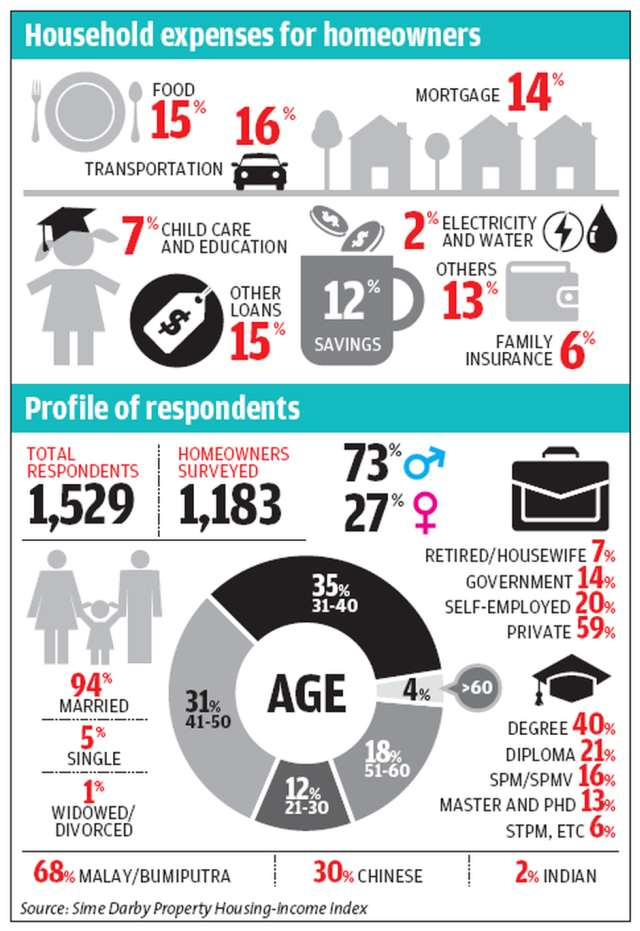Specialists state you can find similarities involving the “loan sharks” of yesteryear plus the contemporary payday loan provider.
CLEVELAND, Ohio — the definition of “loan shark” might think of a scene in a film the place where a gangster has a crowbar to your kneecap of the down-on-his-luck gambler whom can not make good on payment of that loan.
The definition of lender that is”payday might think of a picture of the best company, that includes a bright green indication, that provides loans at exceedingly high rates of interest directed at people who have low incomes or who does otherwise perhaps not be eligible for old-fashioned funding.
Will they be exactly the same?
The clear answer: Kind Of.
Historically, a “loan shark” describes a loan provider that fees quite high prices, Anne Fleming, a law that is associate at Georgetown University, stated in a contact.
The word is bandied about in Cleveland plus in Ohio, because the state is plagued by businesses and chains that provide short-term loans with some of this greatest yearly interest levels in the united states.
Since the Ohio home is poised on Thursday to just just just take a bill up that could cap costs and interest levels on short-term loans, professionals state you will find few differences when considering exactly just exactly what had been historically known as “loan sharks” – due to their quasi-legal or outright unlawful operations – and exactly just what now passes as appropriate, completely above-board companies.
Salary purchasing
As the operations just weren’t a similar because the payday that is modern industry, specialists state there was a direct  line amongst the lending of a century ago and also the stores that litter strip malls and one-time fast-food restaurants in towns and cities around the world.
line amongst the lending of a century ago and also the stores that litter strip malls and one-time fast-food restaurants in towns and cities around the world.
Charles Geisst, an economics and finance teacher at Manhattan university whom published the 2017 guide “Loan Sharks: The Birth of Predatory Lending,” said that for the change of this twentieth century and the next few decades, the most well-liked supply of short-term loans in big towns and cities ended up being through one thing called “salary purchasing” or “salary loans.”
In those times, these lenders gave cash-strapped employees an advance on the next paycheck, albeit with about 20 percent less for the costs and interest.
In the event that debtor could not repay the mortgage on its deadline, they are able to move it over and spend another interest fee, stated Robert Mayer, a governmental technology teacher at Loyola University in Chicago.
During the time, such operations had been frequently unlawful, with regards to the state and its own usury regulations, not always criminal, stated Mayer, whom had written the 2010 book “Quick Cash: The tale associated with the Loan Shark.” It absolutely was not unusual when it comes to loans to possess interest that is annual be 200 per cent or higher, he stated.
The businesses had methods to guarantee borrowers reimbursed their loans on time. Some utilized “wage assignments,” that have been really liens put on paychecks, Mayer stated.
The specter of the loan provider turning up in a boss’s payroll workplace and informing the manager this 1 of the employees ended up being borrowing cash was frequently adequate to frighten individuals into having to pay on time. A boss’ discovery of a wage assignment was enough for him to fire an employee, Mayer said during that era.
Each one of these techniques attained a lot of companies the “loan shark” name, he stated.














Comentarios recientes